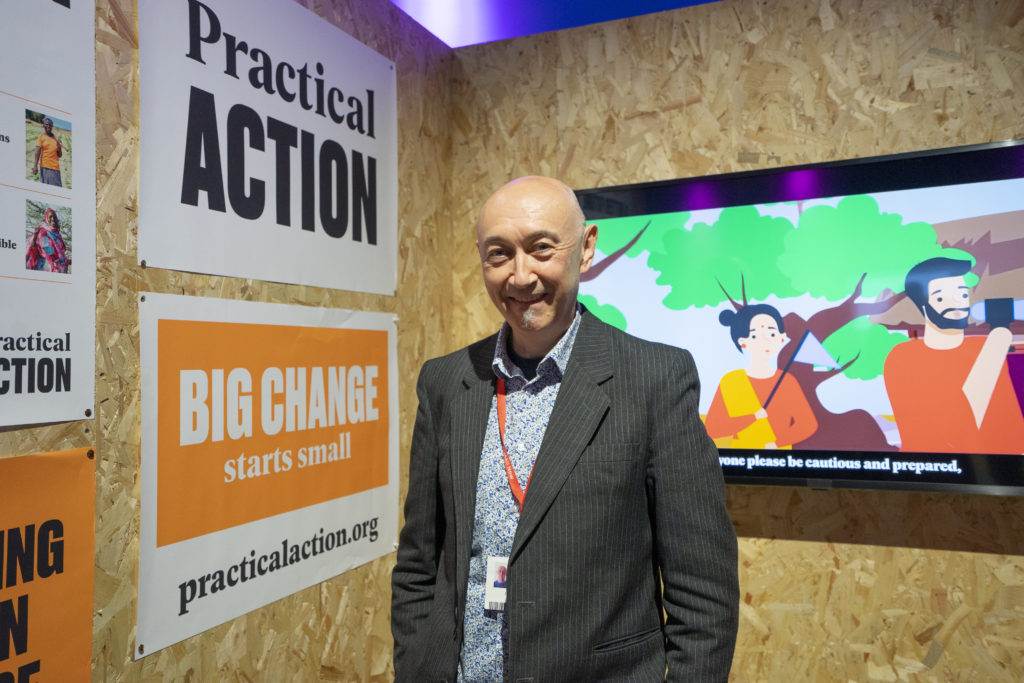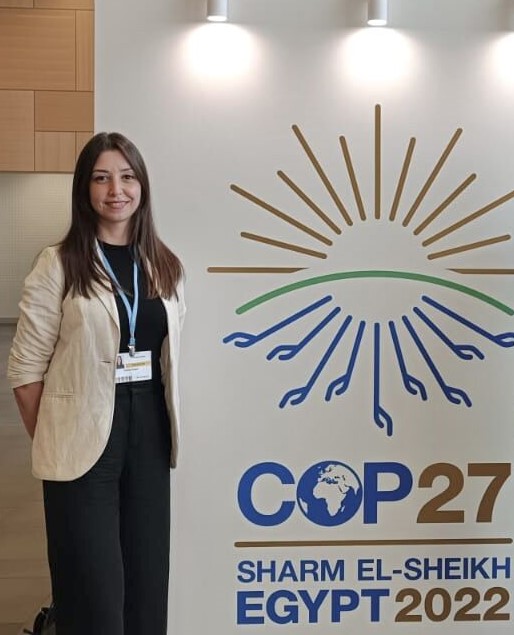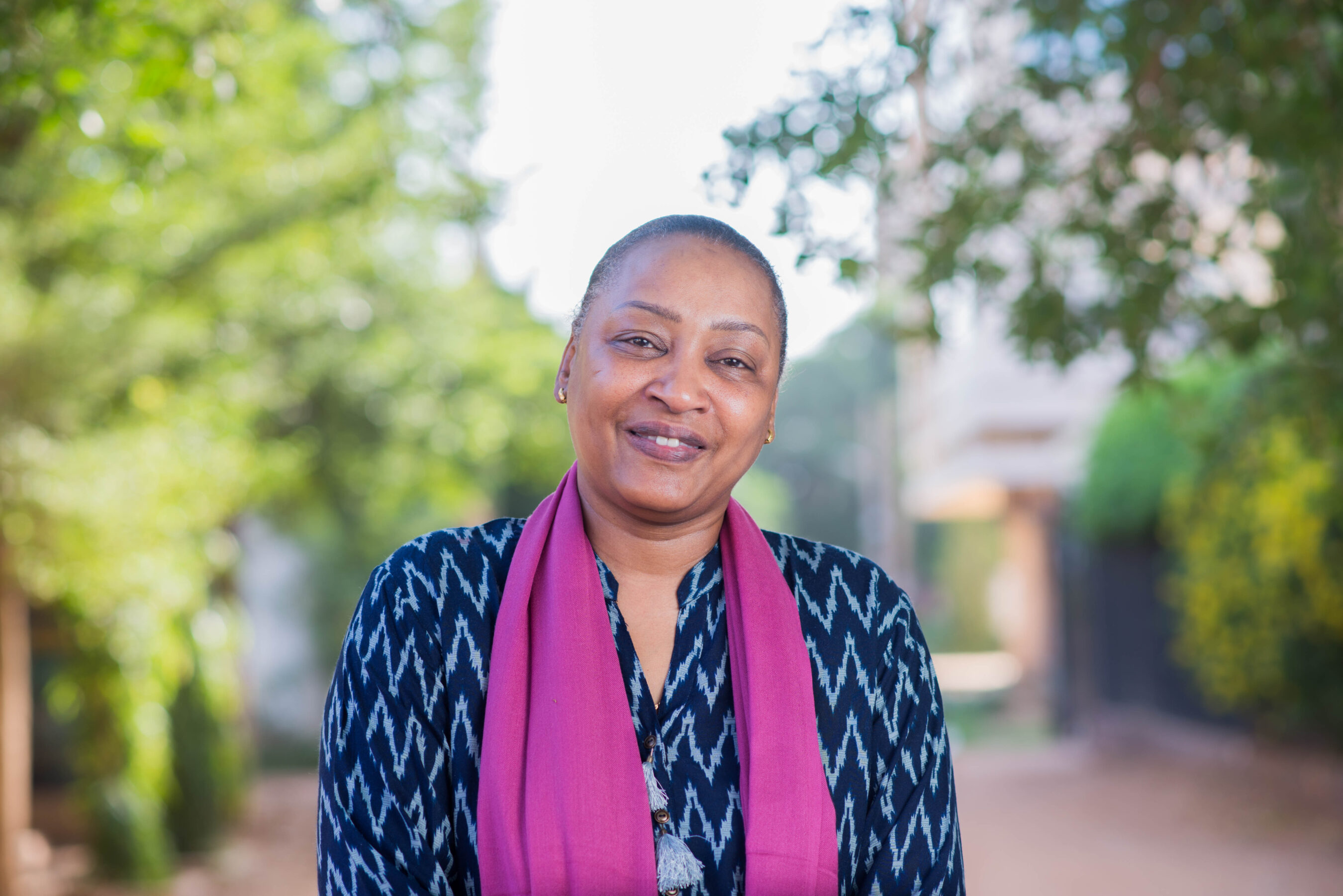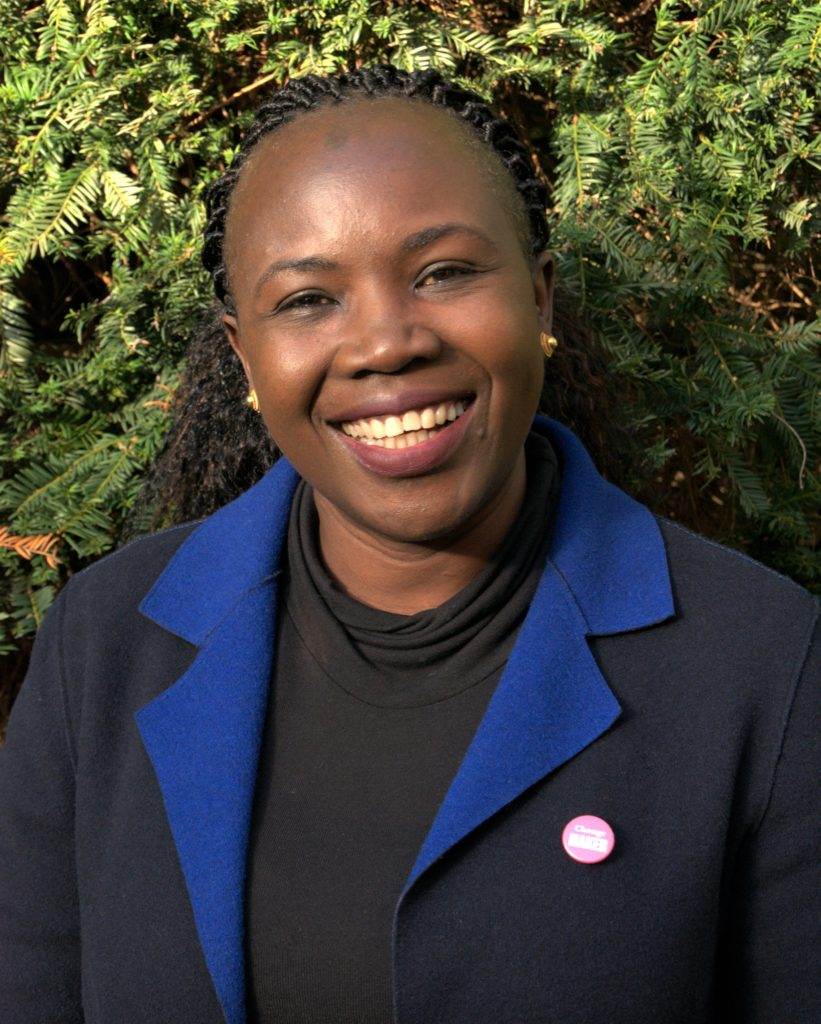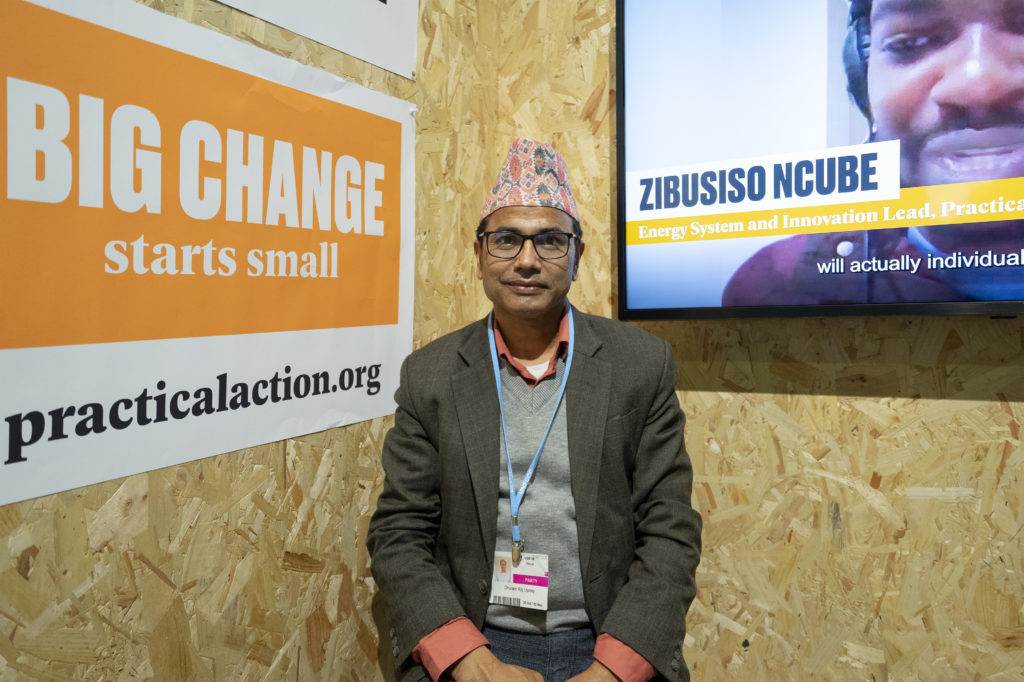Our asks
More and Better Climate Finance
Wealthy countries have repeatedly failed to deliver on their commitment to provide $100 billion per year in climate finance. More finance is needed in the shape of grants – not loans – from the countries who can afford it and who have done the most to cause climate change. At least half of global climate finance should be invested in helping people on the frontlines of climate change to adapt.
Promote Locally Led Adaptation
People living on the frontlines of climate change often know best what they need and how they could adapt but lack the resources to take action. More support is needed for these communities, and they need to be leading on what this support should look like. Achieving this needs to be central to the shaping of the Global Goal on Adaptation and its expected outcomes.
Address Loss and Damage
Currently it’s the poorest, most vulnerable people who have done the least to cause global warming who are left paying the bill when their homes are destroyed in floods, or their fields left dry for years. We need a global agreement, and functioning mechanisms that ensure that those responsible for climate change help pay for the losses and damages it is causing to the world’s poorest.
Read more: Who should foot the bill?
A Comprehensive and Inclusive Stocktake
The first global stocktake on the implementation of the Paris Agreement is underway and due at COP28 in 2023. It’s vital that a wide range of voices are heard in the process. To comprehensively measure progress and identify where more work is needed, the stocktake must focus on a wide range of climate actions including mitigation, adaptation, Loss and Damage and finance, as well as technology transfer, capacity building and localised delivery.
Take Action To Limit Global Warming
We are currently seeing the effects of 1.1 degrees of global warming, and the world is on track for 3 degrees by the end of the century. To avoid even more catastrophic consequences, climate action must be radically scaled up and deep decarbonisation of the global economy is needed to cut emissions in line with the 1.5 degree target agreed in Paris in 2015.
Invest in People and the Planet
Nature-based approaches like protecting ecosystems, restoring degraded lands and mainstreaming sustainable land management can be key to climate change mitigation and adaptation. This is provided their development, implementation and ownership are grounded in local context and inclusive of marginalised groups, like women and indigenous people.
